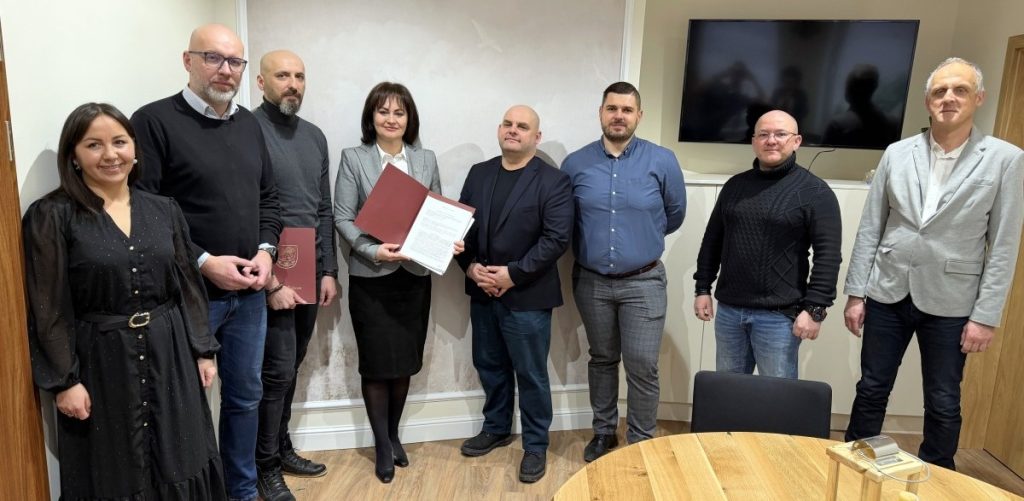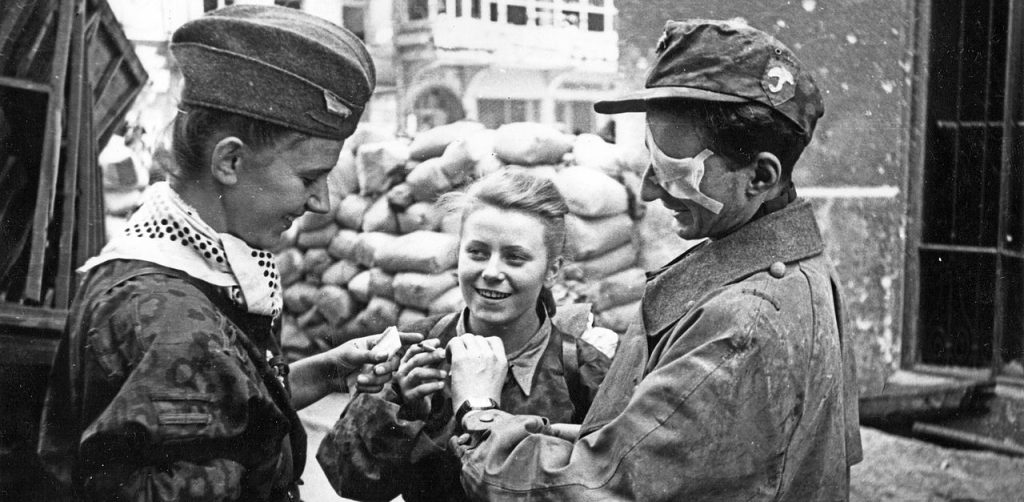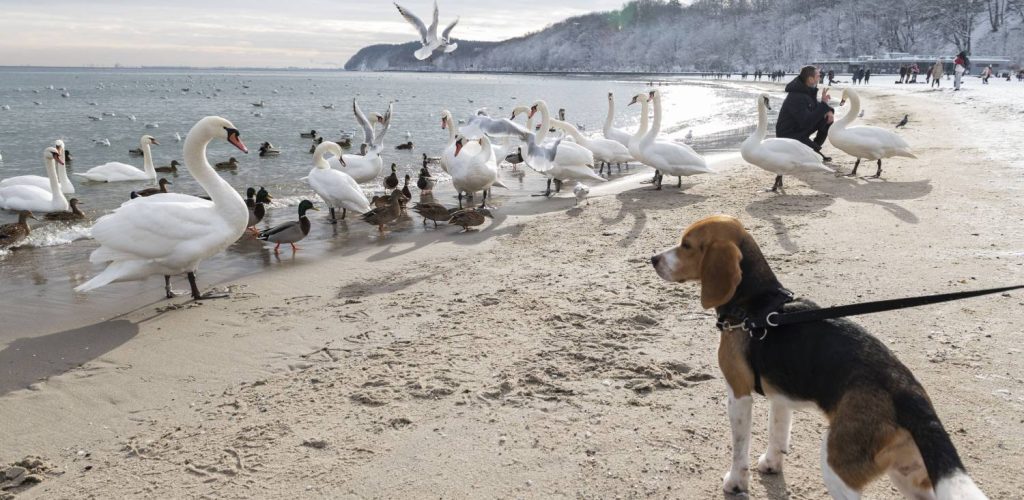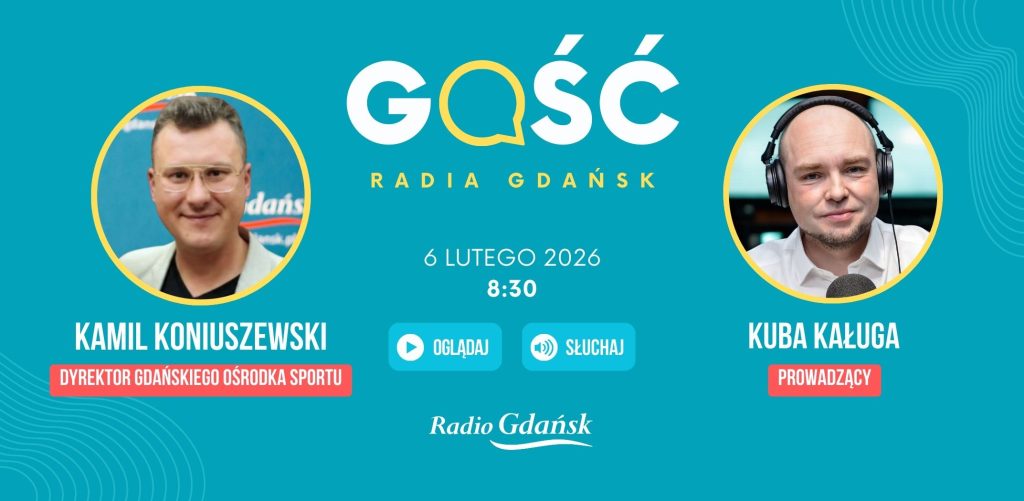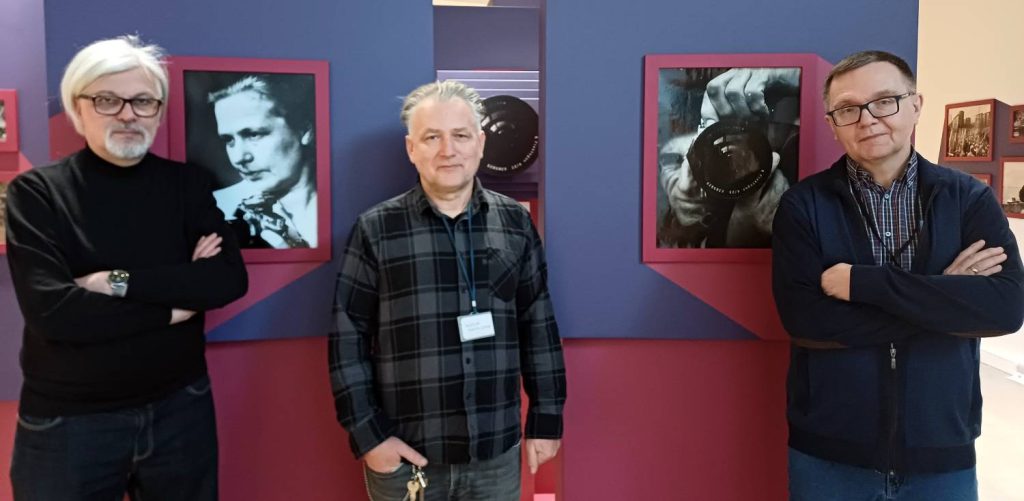On Tuesday, Prime Minister Mateusz Morawiecki announced “the biggest arms export deal in 30 years” that will see Poland sell howitzers to war-torn Ukraine.
Mateusz Morawiecki unveiled the news on the premises of state-run Huta Stalowa Wola (HSW), one of Poland’s biggest defense contractors and the “crown jewel” of the Polish arms industry.
The reported PLN 3 billion (EUR 650 million) deal would see Poland sell 54 Krab (Crab) self-propelled artillery howitzers to Ukraine, which would pay part of the fee for the Polish armaments, with the rest to be covered by the European Union.
The HSW-produced Krab howitzers will reportedly “play a very significant role on the battlefields of eastern Ukraine,” as Kyiv battles the Kremlin’s invasion.
Poland has already provided Ukraine with around 250 T-72 tanks, Grad multiple rocket launchers, and the 2S1 Goździk (Carnation) self-propelled howitzers.
Source: Radio Gdańsk, Radio Poland
It’s day 105 of the Russian invasion of Ukraine.
The Ukrainian army says it has pushed the Russian fleet back more than 100 km from Ukraine’s Black Sea coast.
The Russian ships have been conducting a naval blockade of the coast for weeks, restricting Ukraine’s ability to export its grain.
Many countries, especially those in Africa and the Middle East, rely on Ukrainian food exports. Last week, the United Nations warned that the total number of people suffering from acute hunger could rise by 47 million if the war in Ukraine continues.
Russia has also been accused of stealing grain from occupied areas of Ukraine, with US officials recently warning 14 countries that Russia might offer to sell them plundered Ukrainian grain.
America sent the warning to countries from eastern and northern Africa, such as Kenya and Tanzania, as well as the likes of Pakistan, Bangladesh, Sri Lanka, and Turkey.
According to experts quoted by The New York Times, the African countries are likely to accept the Russian offer, even if the grain is stolen as food shortages on the continent remain dire.
Source: Radio Poland, Reuters, nytimes.com
Poland’s finance minister has predicted that price increases due to inflation will slow down in the third and fourth quarters of this year.
Finance Minister Magdalena Rzeczkowska made the comments during an interview with Polish Radio on Tuesday. She claimed inflation was “a global problem” caused mainly by “rising prices of food and energy sources, in the wake of the Kremlin’s gas blackmail and invasion of Ukraine.”
Rzeczkowsa went on to assure listeners that despite inflation, “the government is not planning any spending cuts” and “funding for social policies won’t change.”
Inflation in Poland stood at 13.9 percent in year-on-year terms in May, according to a flash estimate released last week by Poland’s Central Statistical Office (GUS).
Source: Radio Poland, PAP
Ukraine and Poland have agreed to expedite the modernization and construction of border checkpoints to reduce waiting times and queues at the border.
The two countries agreed to speed up the process of project development, intensify the search for sources of funding, and develop a joint step-by-step plan to improve the work of existing checkpoints.
Modernization, expansion, and cooperative efforts will be led by the newly established working group on Open Border Checkpoints, which includes heads of all key agencies from both countries.
Current projects underway include a pilot program aimed at significantly increasing the capacity of the Korchova-Krakivets border crossing, increasing collaboration in the form of joint controls at existing checkpoints, and ongoing construction for road, railway, and pedestrian connections.
Joint controls are currently carried out at 4 of 8 existing checkpoints: Smilnytsia-Krostenko, Hrushiv-Budomezh, Uhryniv-Dolhobychuv, and Ustyluh-Zosin.
Source: Radio Gdańsk
The Institute of National Remembrance in Gdańsk is organizing an aid campaign for the inhabitants of the Russian-occupied city of Kherson in southern Ukraine.
According to coordinator Bartosz Januszewski, authorities from the occupied city of Kherson used their previous connection with IPN to appeal for help, as the humanitarian situation in Kherson remains very difficult.
Organizers from IPN have made a list of the most-needed items, such as hygiene and personal care products, non-perishable food items, and medicine. The list also includes diapers and diaper cream for babies, instant porridge and formula milk for children, wet wipes and tissues, compresses and gauze, first aid kits, painkillers, cough syrups, vitamin C and D in drops form, and anti-diarrheal medications.
At the end of the action, drivers from IPN will transport the gathered goods to a predetermined point at the Ukrainian border or on to Lviv.
Donations can be brought to the Gdańsk branch of the Institute of National Remembrance at Grunwaldzka 216. The office is open Monday to Friday, from 8:15 to 16:15.
Source: Radio Gdańsk
Weather
Today will be partly cloudy and warm, with a slight chance of rain in the late afternoon and a light breeze coming in from the south. Temperatures will peak around a high of 23°C, or 73°F, dropping to an overnight low of 13°C or 55°F. Cooler, wet weather is expected for tomorrow, with a chance for rain again on Friday.
Elizabeth Peck/ua

